Return private enterprises to their rightful place
This morning (May 13), VietnamFinance organized a seminar on "Private economy : Motivation to rise from Resolution 68". Sharing at the seminar, Dr. Bui Thanh Minh - Deputy Director of the Office of the Private Economic Development Research Board (Board IV) - explained the role of "one of the most important driving forces" of the private economy mentioned in the resolution.
Accordingly, the State economic sector has nearly reached its ceiling with a proportion of about 20% and has barely increased. The FDI sector also peaked in 2019 with a proportion of 22% and has remained almost unchanged since then. The reason is that this sector is mostly involved in processing activities, which are labor-intensive and capital-intensive.
If we want to create higher added value, we must transform ourselves into fields such as semiconductors and AI. But this is a difficult journey when Vietnam is 50 years behind the world . "Therefore, Resolution 68 was built with a different approach: Continuous dialogue with businesses and entrepreneurs to bring in "voices from practice", Dr. Bui Thanh Minh emphasized.
Speaking about the context of Resolution 68, Mr. Bui Thanh Minh called it "Doi Moi 2.0". If Doi Moi in 1986 brought the country out of poverty and established a foundation for development, the resolution's goal is not just to reach middle income but to reach high income by 2045.
"However, we have been too satisfied and lived comfortably for 30 years, since 1995, when we put land and labor into economic development," Mr. Minh questioned.
But in the new development stage, only improving efficiency and promoting innovation are feasible paths. And that is why Resolution 57 was born with an innovative mindset, laying the foundation for the transformation of the private sector.
Dr. Bui Thanh Minh emphasized that the spirit of Resolution 68 is not the spirit of prioritizing private enterprises but the issue of the rules of the game. Through the process of contacting enterprises, Mr. Minh said that they do not need the State to give them money but only need to be created a free and equal space to develop and do their jobs well.
"Businessmen are like drivers. They want to go far, go fast, go safely. What they fear is not potholes, at which point they can slow down. What they fear is that the mechanism today is like this, but tomorrow it will change to another type," Mr. Minh likened. In reality, there is still a situation where FDI enterprises are favored and welcomed more warmly than domestic enterprises.
"It is time to return private enterprises to the position they deserve in the economy," Mr. Bui Thanh Minh emphasized.
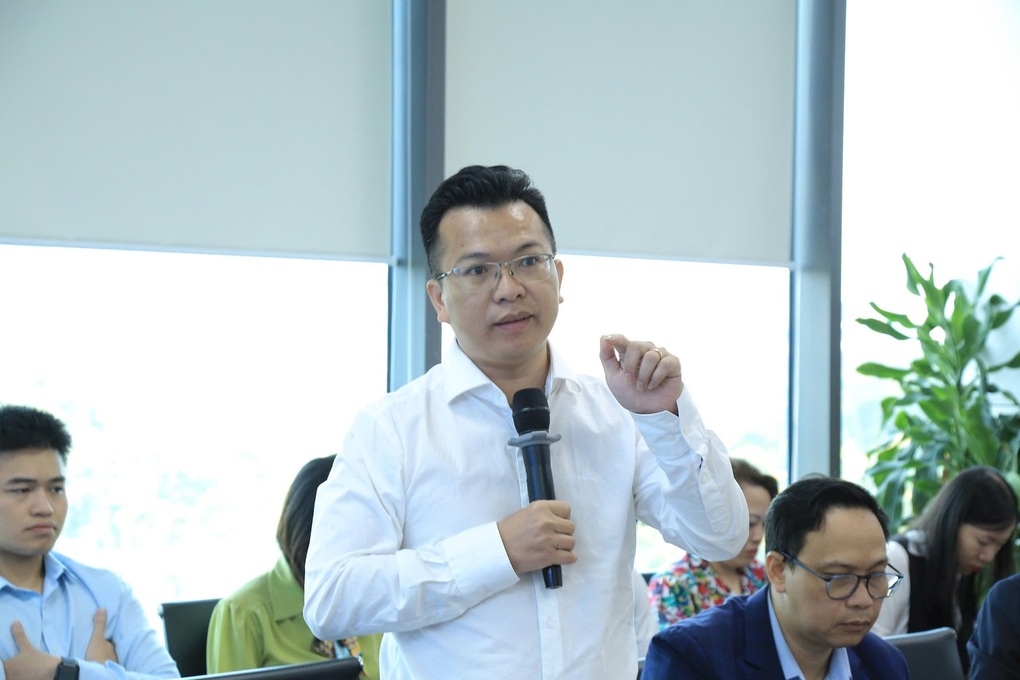
Dr. Bui Thanh Minh - Deputy Director of Professional Affairs, Office of Private Economic Development Research Board (Photo: VNF).
Mr. Minh added that there will be other important resolutions related to human resources and industrial policy in the near future. Although infrastructure, institutions and human resources are all bottlenecks, industrial policy is the key. If the resolution is not placed in this overall strategy, it will be difficult to optimize resources. When merging agencies, Mr. Minh said that it is necessary to create space for each locality to identify key industries, as well as promote competitiveness in each region.
The expert said that when designing Resolution 68, Committee IV pursued two core thinking: "unleashing" thinking and "development" thinking.
In the liberalization mindset, the goal is to solve inherent "diseases" such as land, capital, or unhealthy competition between private enterprises and crony groups. In the development mindset, enterprises are classified into three groups: leading enterprises associated with national problems, pioneering enterprises, and small enterprises.
The foundation for the economy to enter and maintain a high growth trajectory
Speaking at the seminar, Dr. Le Duy Binh, Director of Economica Vietnam, said that the private economic sector has made extremely strong contributions. Millions of agricultural production households and individual businesses have created a large economic force, contributing significantly to the rapid development of the country.
The private economy has contributed to creating special marks on economic growth accompanied by social progress, social factors, equality, environment, and ecology.
Mr. Binh gave an example of the poverty rate that has decreased sharply from 58% according to the old 1993 Government standard to 1.93% according to the multidimensional poverty standard in 2024, making Vietnam an outstanding model of poverty reduction efforts among developing countries.
In addition, the Human Development Index (HDI) has continuously improved, reaching 0.73 points in 2023, much higher than countries with the same income level and in the top 5 in the ASEAN region. These figures and facts show that the private economy has made an important contribution to the socialist orientation of the market economy in Vietnam.

Dr. Le Duy Binh - Director of Economica Vietnam (Photo: VNF).
Another achievement analyzed by Dr. Le Duy Binh is the "rich people, strong country" characteristic of the socialist model. Accordingly, Vietnam's GDP per capita in 2024 will reach 4,700 USD, approaching the upper middle income threshold. This income level is 50 times higher than in 1986, when Vietnam began the Doi Moi process.
"Currently, the middle class, that is, people with an average spending level of 11-110 USD/day per capita, is forming rapidly in large cities, currently accounting for about 13% of the population and will increase to 26% by 2026. It is forecasted that in the next 25 years, half of our country's population will join the middle class," Mr. Binh affirmed.
In addition, Forbes magazine statistics show that Vietnam currently has about 5-6 USD billionaires. The private economy has contributed to helping us gradually realize the goal of "rich people". The private economy also contributes to the goal of "strong country". From an economic perspective, a strong country can be viewed from the perspective of Vietnam's national brand value, which has so far reached 507 billion USD, ranking 32nd in the world.
According to Mr. Binh, the private economy not only contributes to economic growth but also builds a social security system, expands insurance coverage, and by the end of 2024, there will be up to 19 million private workers participating in social insurance.
The Director of Economica Vietnam emphasized that the significance of Resolution 68 lies not only in the goal of promoting the growth of the private economic sector, creating a foundation for the economy to enter and maintain a high growth trajectory for many years to come, but also in the affirmation that the private economy does not contradict the socialist path and socialist orientation.
If developed in the right direction, this will be an extremely important driving force to promote the socialist orientation of the market economy and realize the goal of "rich people, strong country, fair, democratic and civilized society".
Source: https://dantri.com.vn/kinh-doanh/doanh-nhan-nhu-nguoi-lai-xe-ho-muon-di-xa-di-nhanh-di-an-toan-20250513140221575.htm


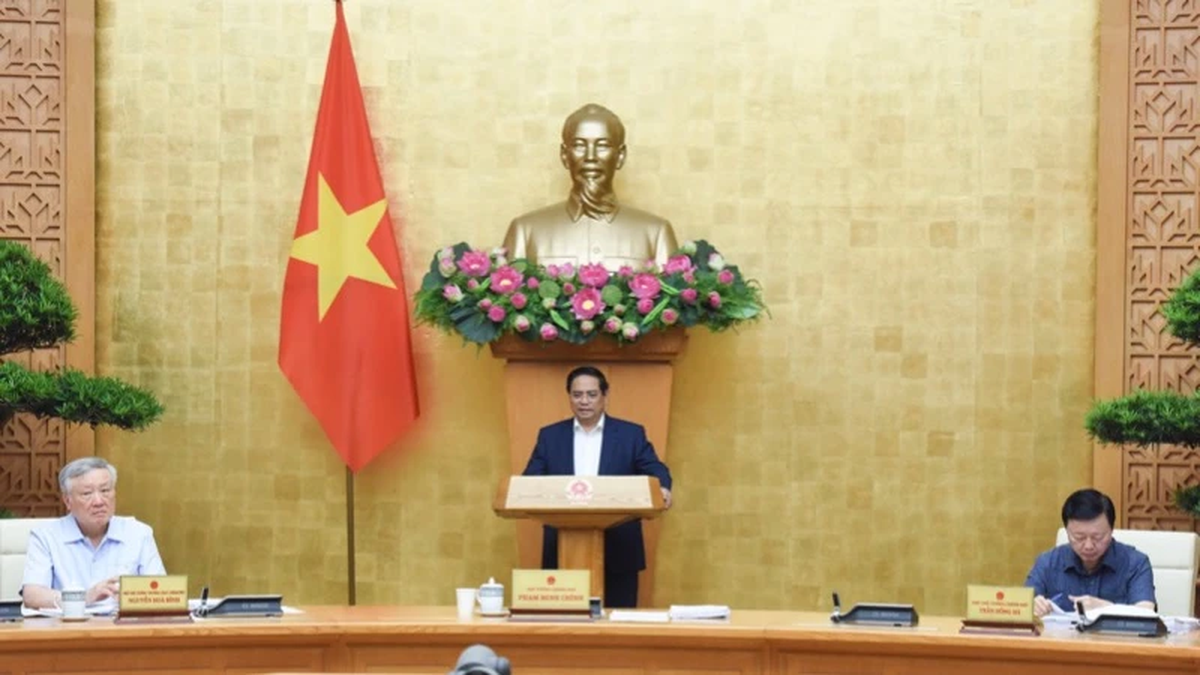
![[Photo] Prime Minister Pham Minh Chinh chairs the Government's special meeting on law-making in May](https://vphoto.vietnam.vn/thumb/1200x675/vietnam/resource/IMAGE/2025/5/22/1c880aae96fd4e0894abc47a46fe19ba)
![[Photo] General Secretary To Lam chairs a working session with the Central Internal Affairs Commission](https://vphoto.vietnam.vn/thumb/1200x675/vietnam/resource/IMAGE/2025/5/22/3b7790f499da45b2803d8ae253207ef1)



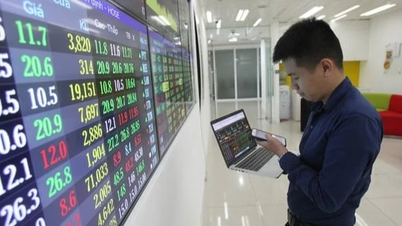



























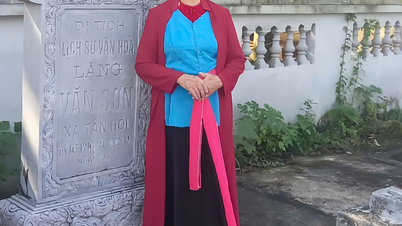













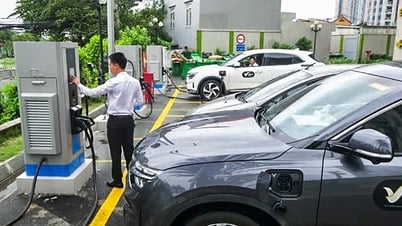













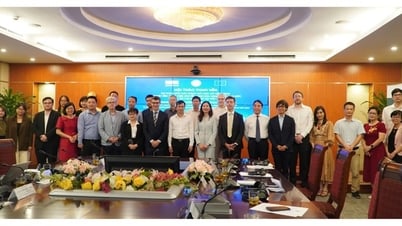


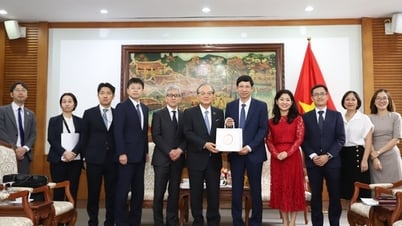












![[Podcast] Week introducing more than 500 OCOP products in Hanoi](https://vphoto.vietnam.vn/thumb/402x226/vietnam/resource/IMAGE/2025/5/22/d144aac2416744718388dbae3260e7fd)






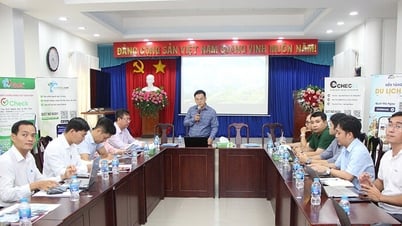

Comment (0)